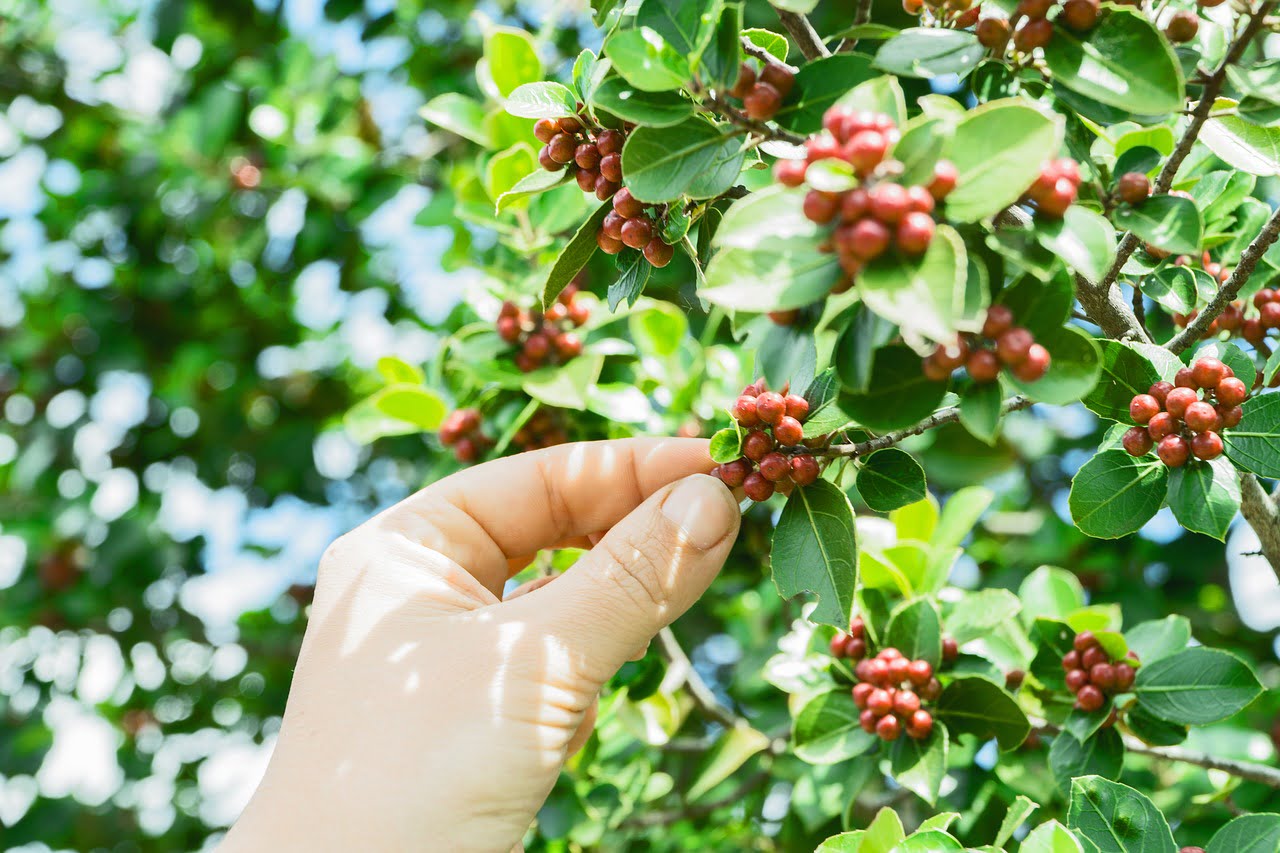How Coffee Helps The Third World

That first sip of coffee in the morning is the best way to wake up to a brand new day. That taste of coffee is also a harbinger of a new, and more inclusive economy. Coffee is the world’s second most traded commodity and is grown exclusively in countries bordering the equator. Put your finger on the equator of a globe and give it a spin and you will touch many of the world’s poorest countries. These are the world’s coffee growers.
Many commodities that you come across in your day are bought and sold with an emphasis on being cheap to the consumer and making the most money for the company that provides the product. The coffee trade is a little bit different. They understand that coffee growers need insurances to get loans to improve their output and production techniques. They employ workers who need insurances on salaries and working conditions, and the coffee needs to be grown on land that requires sustainable practices to remain viable.
Early on, coffee was grown like so many other plants products. Land was clear cut and the coffee bushes were planted in rows and columns. The beans from these plants were bitter and made for a poor cup of coffee. It was found that if the coffee plants were grown in the shade of indigenous trees, alongside other native plants, and in communion with local birds and animals, the beans had a much better taste and were better received by the coffee drinking public.
Coffee sellers also needed reliable production from their growers. In many third world countries, sellers cannot rely on governments to create a business environment that supports long term commercial endeavors. So the sellers made promises to the growers regarding the amount of beans they would buy and the price they would pay. These insurances allowed growers to hire laborers and take on loans knowing that they could afford to pay everyone back at the end of the growing season.
While many of us relied on a good cup of coffee to get us up in the morning, coffee sellers knew that it was still a non-necessity that they were selling. They also knew that consumers would pay a little bit more for a more positive product. Knowing that, sellers and growers have worked together to create sustainable practices that avoid clear cutting, reduce damage to area watersheds, provide for the safety of birds and animals, encourage organic growing processes, and install fair trade practices and transparent supply chains.
Check the back of the bag on your favorite brand of coffee, you will see certifications of the work being done to provide a living wage for third world workers, how they protect their environment, and reinforce transparent business practices. So, drink up. Have a second cup and know that the delicious taste that wakes you up in the morning is also making your world a better place for everyone.
Coffee Mill Believes In Giving Back
Visit our Coffee Partner, Sam & Evans, to learn more about their 100% Fair Trade and Shade Grown beans from the cloud forests of Honduras. Sam & Evans helps children in Central America and wherever else kids are in need.